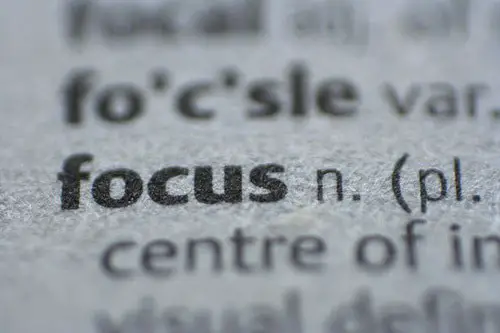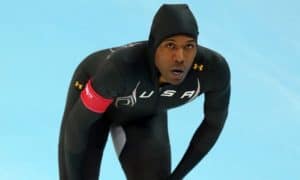 Take a moment to reflect on a time when you had a very good performance in your sport. Rate your confidence level on a scale of 1-10. Was it higher than five? Now do the same for a poor performance. Now do the same with your focus. What would you rate it? When you are confident you have more a razor type focus. Do you think this is true for you?
Take a moment to reflect on a time when you had a very good performance in your sport. Rate your confidence level on a scale of 1-10. Was it higher than five? Now do the same for a poor performance. Now do the same with your focus. What would you rate it? When you are confident you have more a razor type focus. Do you think this is true for you?
*This post may contain affiliate links. As an Amazon Associate we earn from qualifying purchases.
Some might argue that your performance greatly influenced your confidence rather than visa versa. I might argue they share a strong friendship and the stronger your confidence, even in times of struggle, the better your focus.
Why?
Because confidence has a certain energy or emotion associated with it. The type of emotion it provides is positive and energizing. The emotion is very different than when you get really hard on yourself for a mistake. In that moment it is critical to stay confident so you can remain focused on the challenge at hand rather than on the mistake itself. I like this quote as a good reminder:
Failure can either define you
or refine you.
–Ryan Blair
I say let it refine you and in this way you keep your focus. Confident athletes have an energy that thrives on the challenge of the situation. So keep it a challenge, make changes, refine your game and adjust and focus on what is important.
Confidence and Arrogance
Some confuse confidence as being arrogant. They are not the same. Consider reframing this outlook. There is a huge difference between an athlete who is confident and one who is arrogant. The confident athlete is satisfied with the performance and does not need others to notice him or her. There is personal satisfaction with a job well done. An arrogant athlete flaunts his or her performance looking more for praise. The truly confident athlete does not need this.
Generally, confidence has a “bring it on” mentality. This is when an athlete wants to help seal the deal, like taking the technical free throw, the final shot, or be the person at bat when the game is tied in the final inning. They might be thinking pressure is okay and I can handle it.
This is why confidence and focus are best friends and great teammates! When you are confident you can focus on what is most important much more easily.


